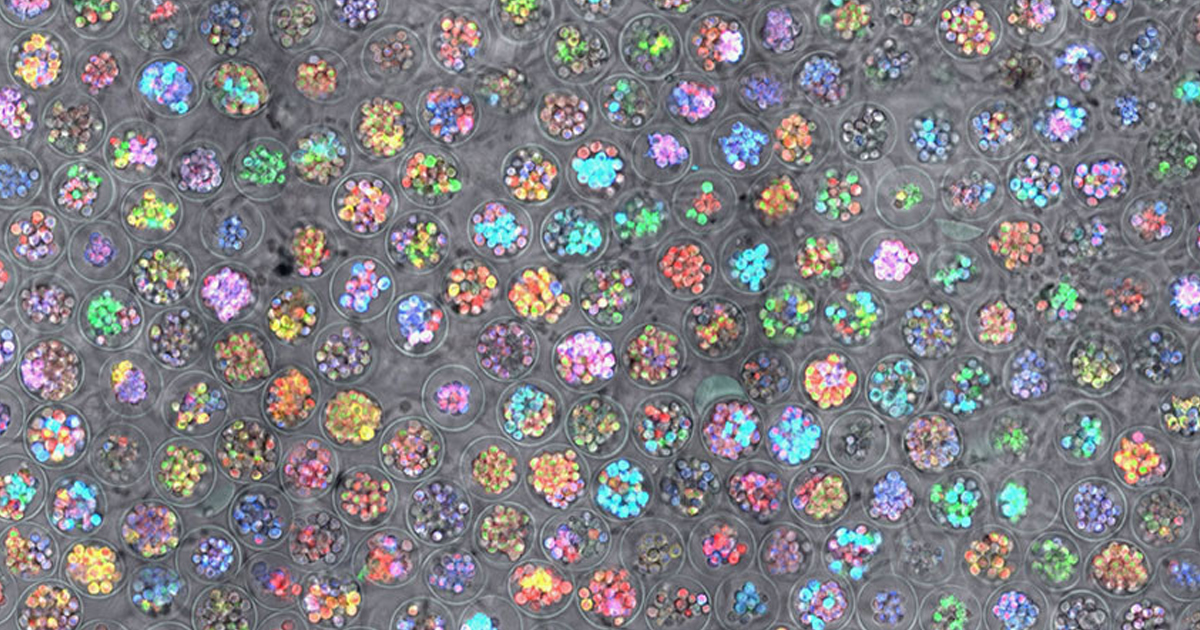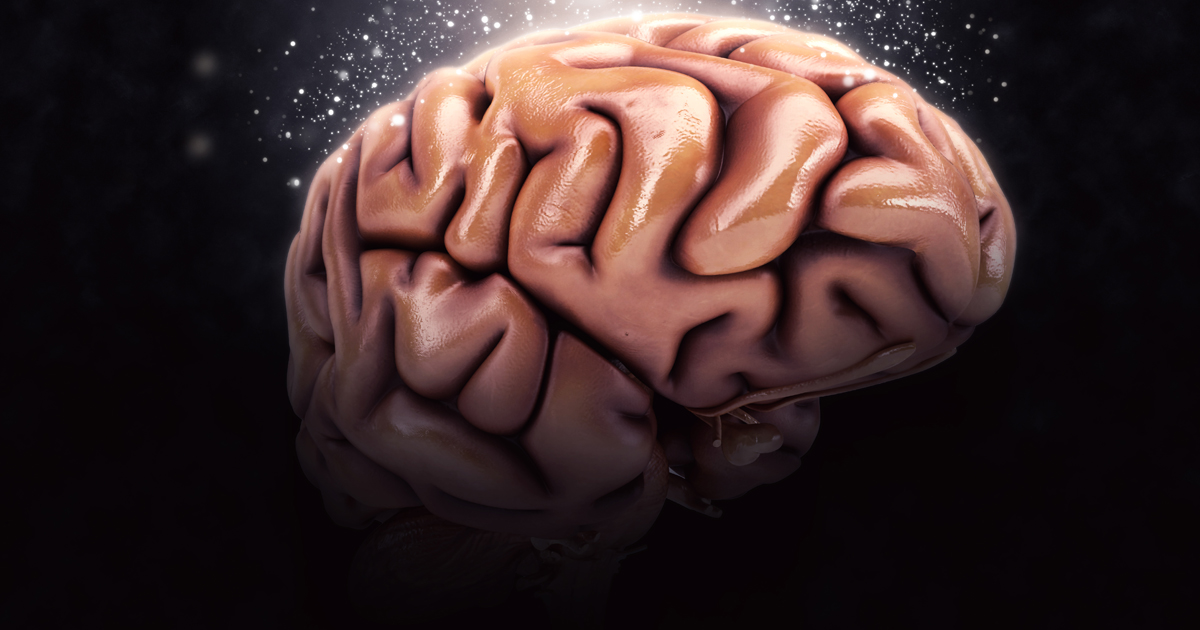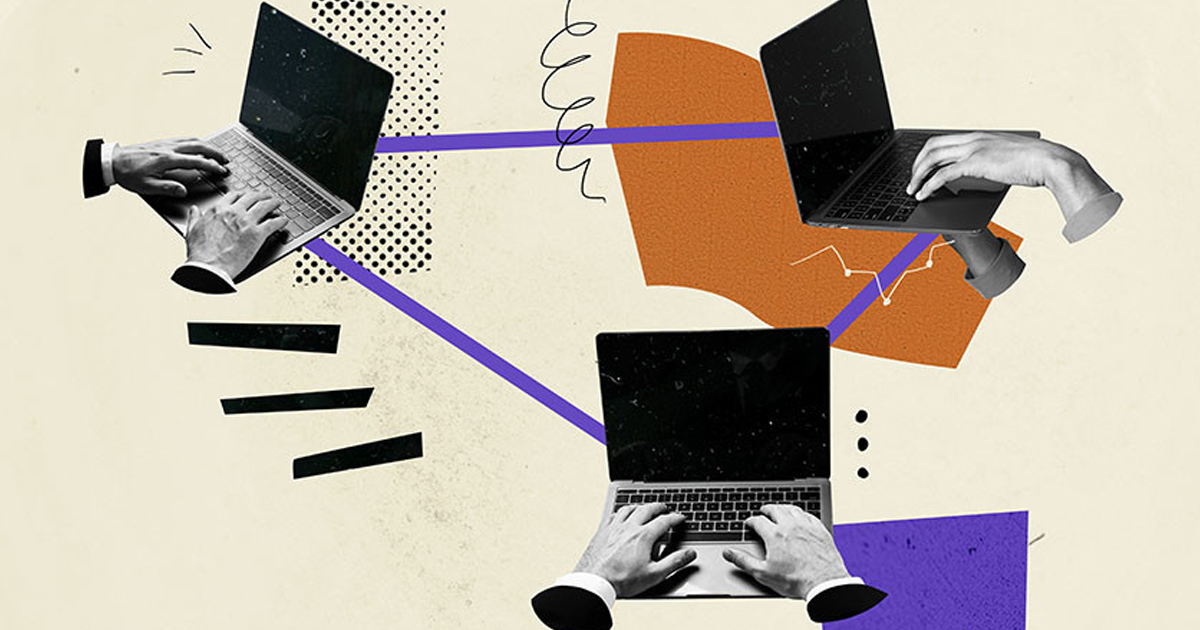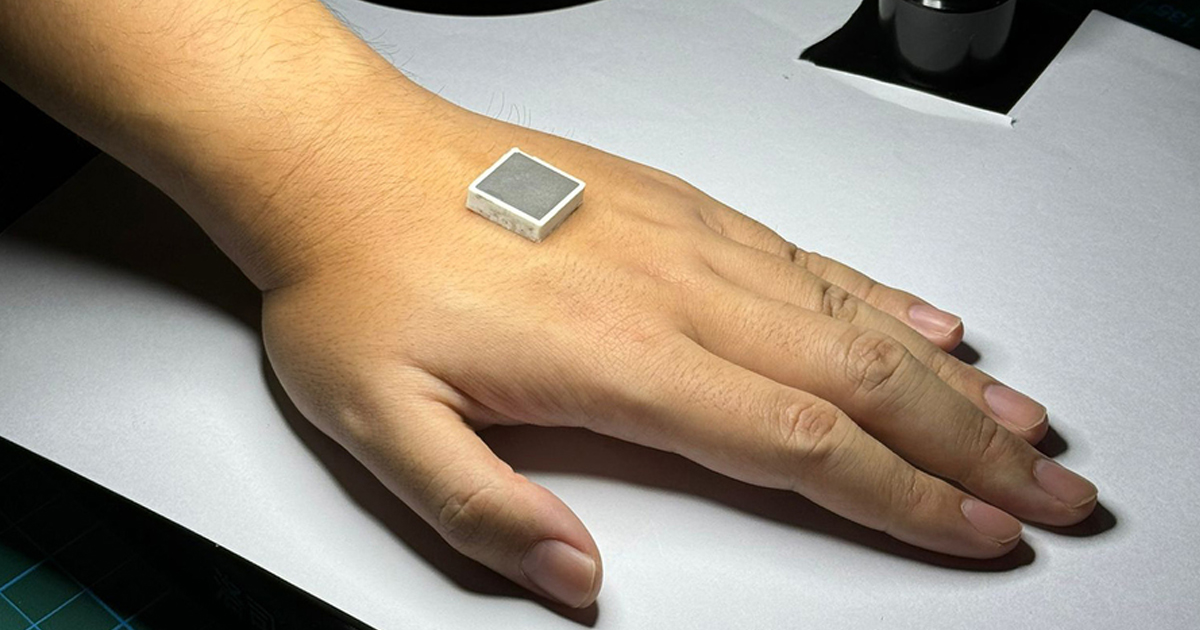Investigadores de la Universidad de Cambridge en Reino Unido, se encuentran entrenando un algoritmo de Artificial Intelligence (AI), que podría detectar signos de demencia en un solo escaneo.
Los científicos involucrados en el proyecto esperan que este sistema de machine learning and AI logre brindar diagnóstico temprano a los pacientes, y de esta forma prevenir complicaciones. Además, también reduciría significativamente los costos para el paciente, al realizar solamente un escaneo cerebral.
El Dr. Timothy Rittman, investigador y neurólogo en la universidad, es el director de la investigación, y la ha catalogado como un “desarrollo fantástico”. Resaltó la importancia de brindarle a los pacientes diagnosticados con demencia, la información necesaria y pertinente para que conozcan la progresión de su enfermedad.
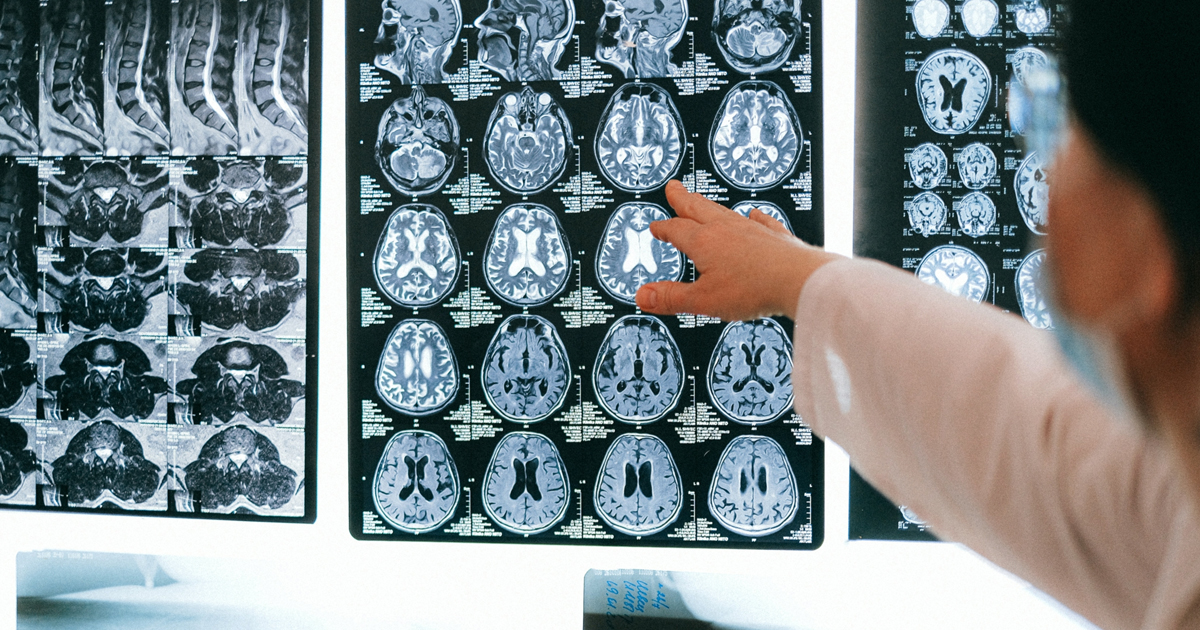
El modelo está planeado para realizar su primer ensayo en un entorno clínico real. Alrededor de 500 pacientes de Hospital Addenbrooke y de otras clínicas especializadas, probarán el algorithm para detectar patrones de demencia a través de un escaneo.
“Si intervenimos temprano, los tratamientos pueden comenzar temprano y ralentizar la progresión de la enfermedad y, al mismo tiempo, evitar más daños”, dijo la profesora Zoe Kourtzi, de la Universidad de Cambridge, experta en AI.
La Dra. Laura Phipps, de Alzheimer’s Research UK, explicó que generalmente los médicos deben confiar en la interpretación de los escáneres cerebrales y pruebas cognitivas, sin embargo, los modelos de machine learning han llegado a revolucionar estos procesos: “podrían dar a los médicos una mayor confianza en la interpretación de los escaneos, lo que conduciría a un diagnóstico más preciso para los pacientes”.




